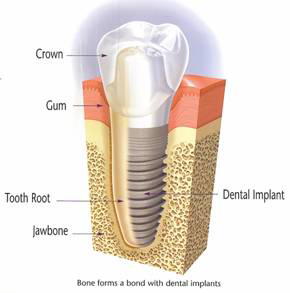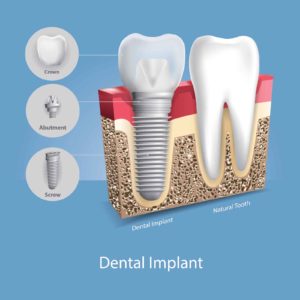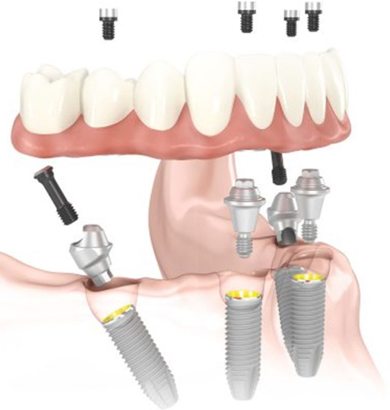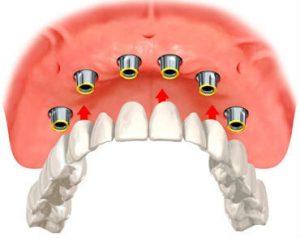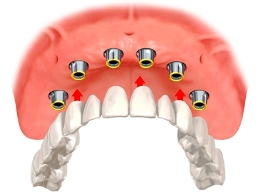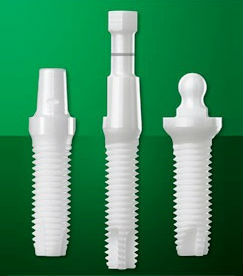I have a problem with both of my lateral incisors on my upper teeth. One of them is completely missing and never came in. The other is smaller than it should be. I want to fix this before I go to college. I have a dental flipper for the missing tooth area currently, but my parents were told that the flipper should be temporary. They both passed my senior year of high school. I stayed with some friends until graduation. I was going to use their life insurance for college, but I received a great scholarship so now I am free to use the money to fix my teeth. Do you have any suggestions?
Caroline
Dear Caroline,
I had so many emotions reading through your question. First, I want to express my condolences at the loss of your parents while you are yet so young. Next, I want to say congratulations on your scholarship. That is absolutely fantastic, especially given all the difficulties which you experienced during your senior year. That says a lot about your perseverance.
As to your tooth, I am going to suggest that you replace the congenitally missing tooth with a dental implant. This is the most secure tooth replacement we have. It is expensive and does require surgery, but as young as you are, it will be important in order to preserve the bone structure. You may even need some bone grafting done before the implant is placed. There are other options, such as a dental bridge, but the implant is the best option.
As for the other tooth, I am going on the assumption that it is a deformed tooth and not a baby tooth still left in place. On that assumption, you will want to use either a porcelain veneer or a porcelain crown depending on how small the incisor is.
The trick with both of these procedure will be matching the color of the implant and other restoration to the natural teeth that are adjacent to them. These are very visible teeth, which means light hits them exposing all their variations.
You will need an expert cosmetic dentist to get this done right.
Best of luck to you at university. I have a feeling you are going to accomplish great things. This blog is brought to you by Lafayette, LA Dentists Drs. Foreman and Thimmesch.
